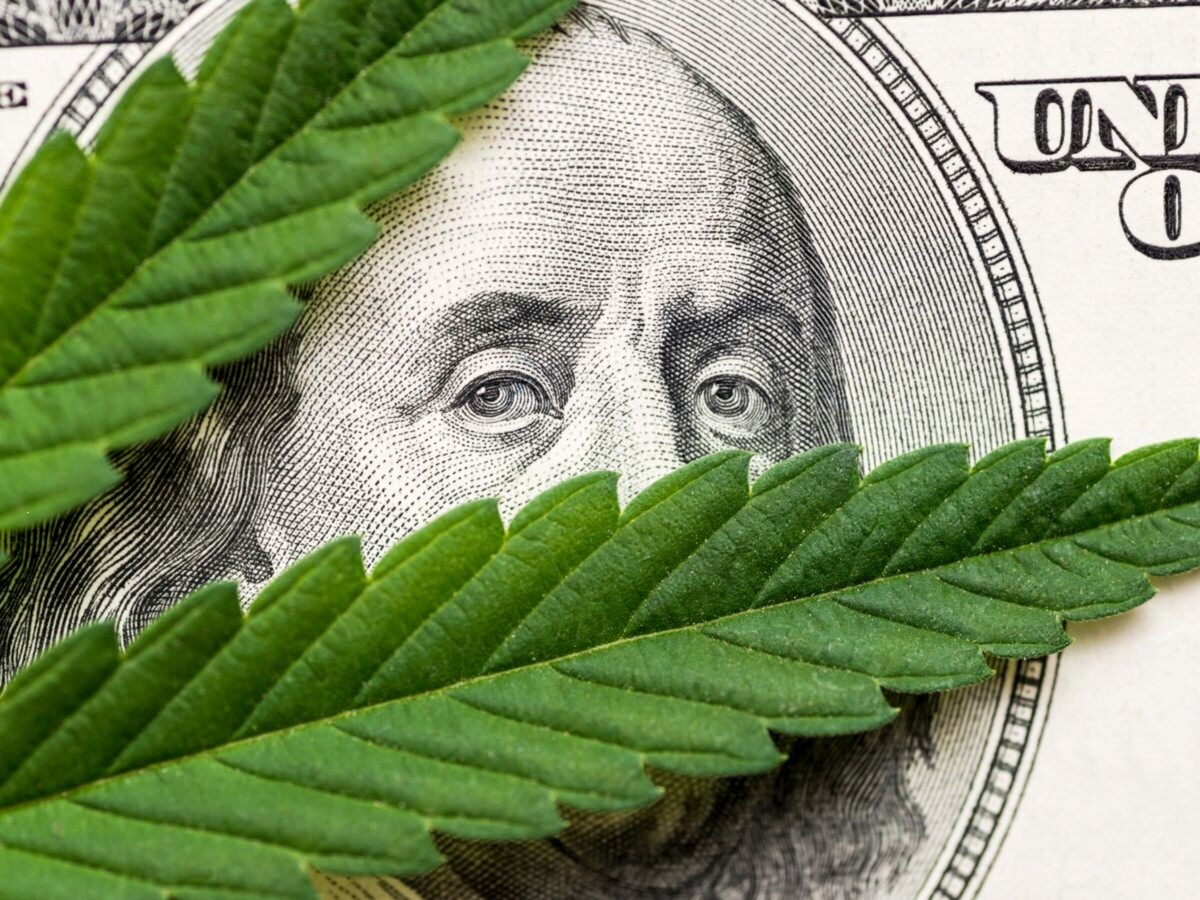Image


NEW JERSEY - In a significant move supporting drug policy reform, New Jersey Attorney General Matthew J. Platkin submitted a comment letter to the Drug Enforcement Administration (DEA) on Monday, advocating for the proposed rescheduling of cannabis under the Controlled Substances Act. The DEA's proposal aims to shift "marijuana" from Schedule I, a category for substances considered highly addictive and without medical use, to Schedule III, which includes substances recognized for their medical benefits and lower abuse potential.
New Jersey, known for its progressive stance on cannabis regulation, legalized recreational cannabis use following a 2020 ballot initiative. The state has since seen substantial benefits from this policy change, leading to more equitable outcomes for communities historically impacted by stringent drug laws. The move to reschedule marijuana federally aligns with New Jersey’s ongoing efforts to reform cannabis policies, extending these benefits nationwide.
“Focusing on responsible regulation of legal possession of cannabis for medical and adult recreational use undercuts and weakens the illicit cannabis market and many of the problems that come with it,” Attorney General Platkin wrote. “The Administration’s much-needed action will help bolster the efforts New Jersey has undertaken at the state level to ensure that individuals and communities have access to comprehensive legal protections and benefits in connection with the State-sanctioned use of cannabis. Rescheduling cannabis to Schedule III will continue the process of building an equitable framework of common-sense legal protections for all affected people and communities.”
The classification of marijuana as a Schedule I drug has been in place since the enactment of the Controlled Substances Act in 1970. This categorization groups marijuana with drugs like heroin and LSD, which are considered to have no accepted medical use and a high potential for abuse—a stark contrast to the recognized therapeutic potentials of cannabis. Drugs like cocaine and fentanyl, despite their high abuse potential, are deemed less restrictive under Schedule II.
AG Platkin’s letter highlighted New Jersey's commitment to addressing the racial disparities and social injustices perpetuated by previous drug enforcement policies. The legalization and subsequent decriminalization of cannabis in New Jersey have led to a significant reduction in related arrests, showcasing the social justice benefits of such reforms.
Additionally, the letter outlines further advantages under New Jersey’s Cannabis Regulatory, Enforcement Assistance, and Marketplace Modernization Act (CREAMMA) and the operations of the Cannabis Regulatory Commission (CRC). These include workplace protections for medical cannabis users and the reallocation of state resources towards other public safety priorities.
“As the chief law enforcement officer in the State of New Jersey, I am charged with ensuring public safety, promoting business accountability, and protecting individual rights,” Attorney General Platkin wrote. “I cannot emphasize enough the importance of CREAMMA and the NJ-CRC’s regulations, which have had immediate real-life impacts on the lives of New Jersey residents and brought equity and economic opportunity to our communities.”
The collective support from New Jersey and other states with regulated cannabis markets—underscored by a January 2024 comment letter signed by Platkin and 11 other Attorneys General—reinforces the call for this federal policy change. The Department of Justice and DEA's announcement of the proposed rescheduling in May 2024 marks a potential turning point in how marijuana is perceived and regulated across the United States.
The development of this policy position was overseen by key figures in the Division of Law’s Affirmative Civil Enforcement Practice Group, ensuring a coordinated effort to align state and federal drug policies.